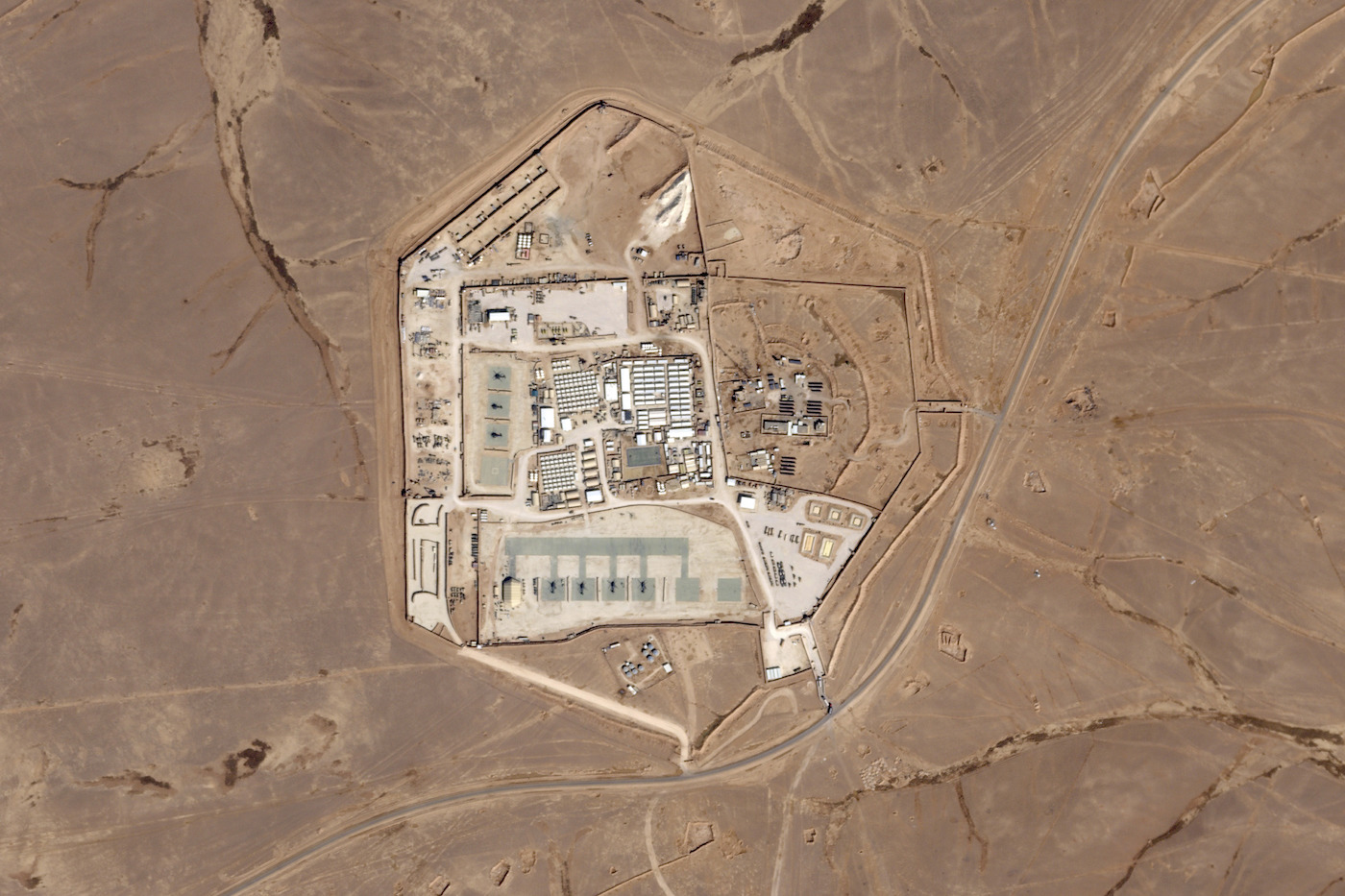WASHINGTON: A drone attack on a base in Jordan killed three American troops on Sunday, with President Joe Biden blaming Iran-backed militants and vowing to hold the perpetrators to account.
It is the first time American military personnel have been killed by hostile fire in the Middle East since the start of the Israel-Hamas war, and the incident will further raise tensions in the region and fuel fears of a broader conflict directly involving Iran.
Hamas said the death of the soldiers shows Washington’s backing for Israel could put it at odds with the whole Muslim world if the Gaza war continues and that it could lead to a “regional explosion.”
“While we are still gathering the facts of this attack, we know it was carried out by radical Iran-backed militant groups operating in Syria and Iraq,” Biden said in a statement.
“We will carry on their commitment to fight terrorism. And have no doubt — we will hold all those responsible to account at a time and in a manner of our choosing,” the president added.
US Central Command put the number of wounded from the attack near the Syrian border at 25, and said the identities of those killed will be withheld pending notification of their families.
Hamas spokesman Sami Abu Zuhri said the killing of the soldiers “is a message to the American administration that unless the killing of innocent people in Gaza stops, it may be faced with the entire (Muslim) nation.”
“The continuation of the American-Zionist aggression on Gaza risks a regional explosion,” Abu Zuhri said in a statement.
US and allied forces in Iraq and Syria have been targeted in more than 150 attacks since mid-October, according to the Pentagon, and Washington has carried out retaliatory strikes in both countries.
Many of the attacks on US personnel have been claimed by the Islamic Resistance in Iraq, a loose alliance of Iran-linked armed groups that oppose US support for Israel in the Gaza conflict.
The latest round of the Israel-Hamas conflict began when the Palestinian group carried out a shock attack on October 7 that resulted in about 1,140 deaths, mostly civilians, according to an AFP tally of official figures.

This satellite photo from Planet Labs PBC shows a military base known as Tower 22 in northeastern Jordan. (File/AP)
Following the attack, the United States rushed military aid to Israel, which has carried out a relentless military offensive that has killed at least 26,422 people in Gaza, most of them women and children, according to the Gaza health ministry.
Those deaths have sparked widespread anger across the region and stoked violence involving Iran-backed groups in Lebanon, Iraq and Syria as well as Yemen.
The Lebanon portion of the conflict has been limited to near daily exchanges of fire between Hezbollah and Israel, but American forces are directly involved in Iraq and Syria, as well as Yemen.
Yemen’s Iran-backed Houthi militia have carried out more than two months of attacks on shipping, saying they were hitting Israeli-linked vessels in support of Palestinians in Gaza.
The United States and Britain have responded with two rounds of joint strikes against the Houthis, while American forces have also carried out unilateral air raids against the rebels, who have also declared American and British interests to be legitimate targets.
The growing violence in multiple parts of the Middle East has raised fears of a broader regional conflict directly involving Iran — a worst-case scenario that Washington is desperately seeking to avoid.














